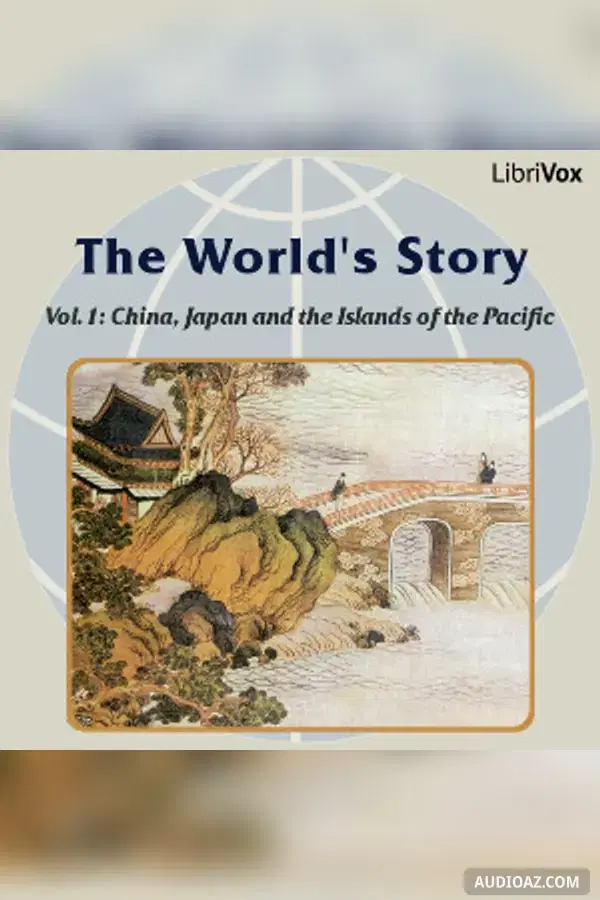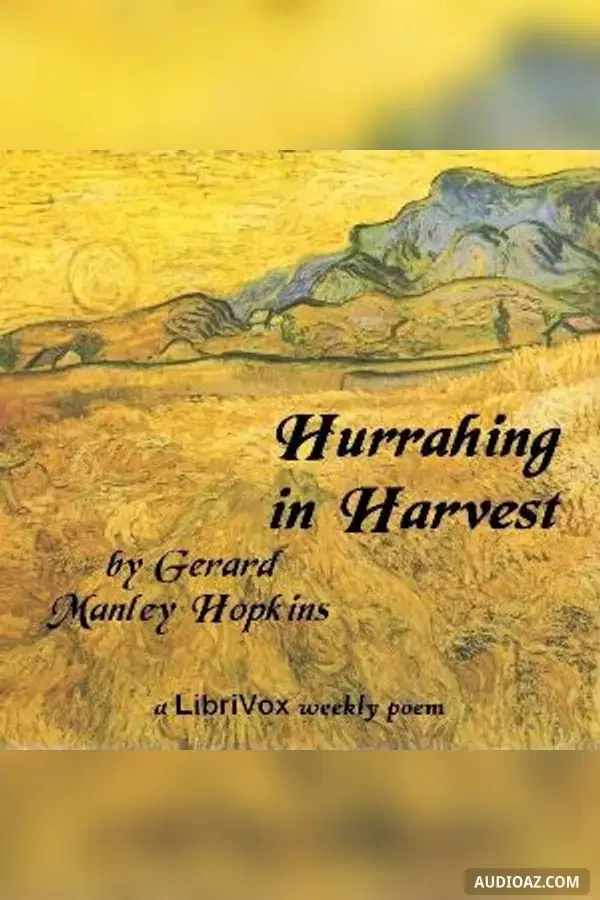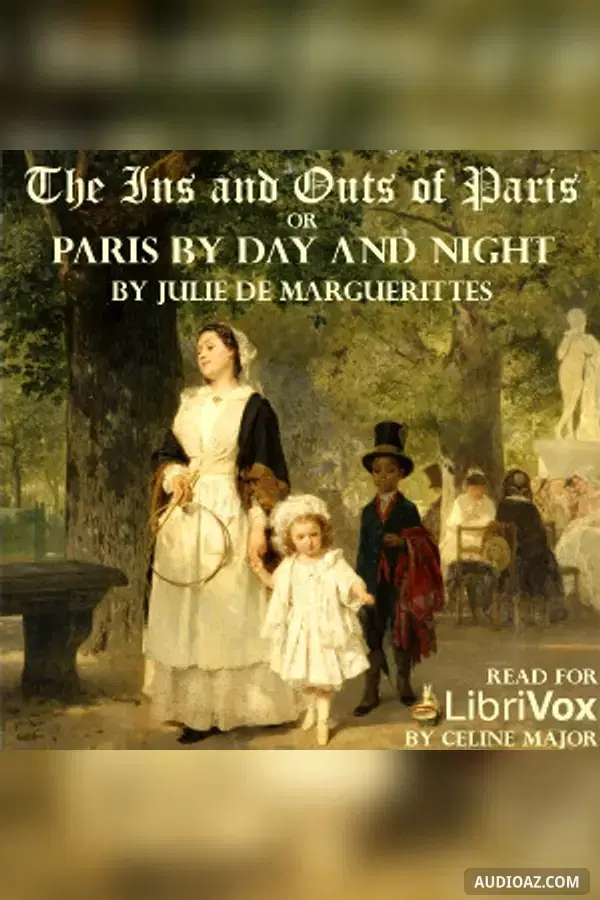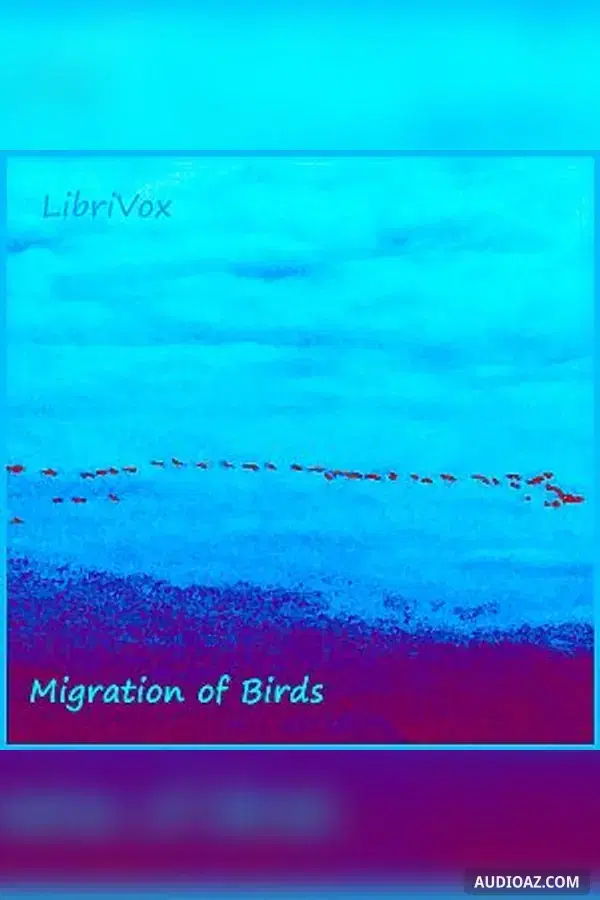
The World’s Story Volume I: China, Japan and the Islands of the Pacific - Free Audiobook
Author(s): Eva March Tappan,
1 / 140Palace of the Dalai Lama at Lhasa, Thibet, Photograph, Frontispice
- 1. Palace of the Dalai Lama at Lhasa, Thibet, Photograph, Frontispice
- 2. Publisher's note
- 3. Introduction, by Eva March Tappan
- 4. China Part I: In the earliest days: historical note
- 5. Shun of Yu who controlled the floods, by Confucius
- 6. China Part II: Confucius and his age: historical note
- 7. The story of Confucius, by Rev. A. W. Loomis
- 8. A visit to a temple of Confucius, by Rev. A. W. Loomis
- 9. Some of the proverbs of Confucius
- 10. Manners and customs of Confucius's day, by Rev. William Speer
- 11. Mencius, by S. Wells Williams
- 12. A story of Mencius, by Unknown
- 13. Proverbs of Mencius
- 14. China Part III: Times of change and confusion: historical note
- 15. The strenuous reign of Hoang-Ti, by Rev. Charles Gützlaff
- 16. The rule of the Hans, by Rev. William Speer
- 17. Rakan feeding the hungry spirit, Chinese painting, p. 52
- 18. The three religions, by W. A. P. Martin
- 19. Dream and reality, a Buddhist story, by Chuang Tzu
- 20. Mulan, the maiden chief, by Unknown
- 21. The prodigal emperor Wang-Ti, by Rounsevelle Wildman
- 22. China Part IV: The Augustan age: historical note
- 23. Tai-Tsung the Good, by Rev. William Speer
- 24. The rule of the empress Wu, by S. Wells Williams
- 25. The founding of Han-Lin College, by Rev. William Speer
- 26. The binding of feet, by Rev. William Speer
- 27. Printing, by Rev. William Speer
- 28. China Part V: The coming of the Tartars: historical note
- 29. The Tartars and their customs, by Marco Polo
- 30. The Chinese theater, by Archibald Little
- 31. The sorrows of Han, by Unknown
- 32. Jenghiz Khan, the 'perfect warrior', by D. Petis de la Croix
- 33. Jenghiz Khan captures Peking, by D. Petis de la Croix
- 34. The dirge of Jenghiz Khan, by Unknown
- 35. China Part VI: Stories of the great Khan: historical note
- 36. The palace of the great Khan in Cambaluc (Peking), by Marco Polo
- 37. How the great Khan ate his dinner, by Marco Polo
- 38. How Kublai Khan went a-hunting, by Marco Polo
- 39. How the Khan sent his messages, by Marco Polo
- 40. The King's Messenger, by Chuang Tzu
- 41. The Polos teach the Khan how to capture a city, by Marco Polo
- 42. A Chinese city at the end of the thirteenth century, by Marco Polo
- 43. The Peking Observatory, photograph, p. 128
- 44. China Part VII: Chinese fables and tales: historical note
- 45. The boy philosopher, by Unknown
- 46. The elixir of life, by Unknown
- 47. The tiger and the monkey, by Unknown
- 48. Was he the only cheat?, by Unknown
- 49. The appeal of Lady Chang
- 50. The soul of the great bell, by Lafcadio Hearn
- 51. China Part VIII: The coming of the missionaries: historical note
- 52. An enterprising missionary, by John of Corvino
- 53. The woman with the cross, by Mendez Pinto
- 54. The worship of ancestors, by W. A. P. Martin
- 55. Teaching science to the emperor, by Père du Halde
- 56. The emperor and the musician, by Père du Halde
- 57. The man who was afraid of becoming a horse, by Père du Halde
- 58. How the bonzes got the ducks, by Père Le Comte
- 59. A visit to a Lama, by Père Gerbillon
- 60. China Part IX: The first two centuries of Manchu rule: historical note
- 61. The coming of the Kalmucks, by Thomas de Quincey
- 62. Chinese punishments, by Père du Halde
- 63. The temple of Heaven, Peking, photograph, p. 186
- 64. Why the Chinaman wears a queue, by William Elliot Griffis
- 65. How the Chinese received the first English ambassador, by Charles Gützlaff
- 66. Opium-eaters, by William Speer
- 67. A 'Boston tea-party' in China, by William Speer
- 68. What the Chinese thought about the English, by Unknown
- 69. How the 'Arrow War' began, by W. A. P. Martin
- 70. Receiving the yellow jacket, by A. Egmont Hake
- 71. China Part X: Language, schools, and examinations: historical note
- 72. The Mandarin language, by Père du Halde
- 73. How Chinese children learn to read, by Père du Halde
- 74. When I went to school in China, by Yan Phou Lee
- 75. A child's first lesson, by Unknown
- 76. Civil-service examinations in China, by W. A. P. Martin
- 77. Questions from a civil-service examination
- 78. China Part XI: In recent years: historical note
- 79. War between China and Japan, by W. A. P. Martin
- 80. The adventures of Yao Chen-Yuan
- 81. When the allies entered Pekin, by Pierre Loti
- 82. A diplomatic correspondence between the United States and China
- 83. The republic of China
- 84. Korea: historical note
- 85. A grain shop in Korea, photograph, p. 264
- 86. When Hideyoshi invaded Korea, by Homer B. Hulbert
- 87. Japan Part I: In ancient times: historical note
- 88. Jimmu Tenno, the first mikado of Japan, by William Elliot Griffis
- 89. The Japanese story-teller, by Sir Edwin Arnold
- 90. The fisher-boy Urashima, by Unknown
- 91. Social life in Kioto, by William Elliot Griffis
- 92. The story of Yoshitsune, by Yei Theodora Ozaki
- 93. Three Japanese poems, translated by Frederick Victor Dickins
- 94. The great Buddha of Kamakura, photograph, p. 318
- 95. Japan Part II: The rule of the Shoguns: historical note
- 96. The great Khan Kublai invades Japan, by Marco Polo
- 97. The coming of Will Adams to Japan, by Will Adams
- 98. Long spears or short spears, by Walter Dening
- 99. How a man became a god, by Lafcadio Hearn
- 100. Ribs and skin, by Unknown
- 101. How it would feel to be a Shinto god, by Lafcadio Hearn
- 102. Interior of a Japanese temple, photograph p. 368
- 103. Tadasuke, the Japanese Solomon, by Walter Dening
- 104. The sword of Japan, by Sir Edwin Arnold
- 105. Japan Part III: Some curious customs: historical note
- 106. A Japanese dinner party, by Sir Edwin Arnold
- 107. How Japanese ladies go shopping, by Alice M. Bacon
- 108. An incense party, by Sir Edwin Arnold
- 109. A Japanese house, by Basil Hall Chamberlain
- 110. Thinking out a garden, by Mortimer Menpes
- 111. A stone gateway, photograph p. 418
- 112. An artist in flowers, by Mortimer Menpes
- 113. How a Japanese paints, by Mortimer Menpes
- 114. How to talk politely in Japan, by Percival Lowell
- 115. Japan Part IV: The awakening of Japan: historical note
- 116. When Commodore Perry landed in Japan, by Francis L. Hawks
- 117. The president's letter, by Townsend Harris
- 118. The schools of old Japan, by Francis Ottiwell Adams
- 119. How to learn Japanese, by Rev. M. L. Gordon
- 120. The attack upon Port Arthur, by Lieutenant Tadayoshi Sakurai
- 121. Japan Part V: Little stories of Japan: historical note
- 122. Japanese politeness, by Mortimer Menpes
- 123. How the shopkeeper lost his queue, by Lafcadio Hearn
- 124. Fuji-Yama, photograph, p. 462
- 125. The cherry tree of the sixteenth day, by Lafcadio Hearn
- 126. Japanese children and their games, by Sir Edwin Arnold
- 127. Islands of the Pacific: historical note
- 128. The first Australian colonists, by W. H. Lang
- 129. Gold, gold, gold!, by W. H. Lang
- 130. The missionary and the cannibals, by Reginald Horsley
- 131. Hot-water basins, New Zealand, photograph, p. 502
- 132. The story of Pitcairn Island, by Anonymous
- 133. The last voyage of Captain Cook, by Charles C. B. Seymour
- 134. The vengeance of the goddess Pele, by Kalakaua
- 135. Father Damien, the missionary to the lepers, by John C. Lambert
- 136. A visit to Aguinaldo, by Edwin Wildman
- 137. Preparing our Moros for government, by R. L. Bullard
- 138. Baro Buddor, an ancient temple of Java, photograph, p. 562
- 139. Detail of temple at Bramabanan, photograph p. 562
- 140. A visit to a head-hunter of Borneo, by William Henry Furness, third
About
This is the first volume of the 15-volume series of The World’s Story: a history of the World in story, song and art, edited by Eva March Tappan. Each book is a compilation of selections from prose literature, poetry and pictures and offers a comprehensive presentation of the world's history, art and culture, from the early times till the beginning of the 20th century.
Topics in Part I include China, Korea, Japan and the Islands of the Pacific. - Summary by Sonia
Cast list for The Sorrows of Han:
Emperor: Nemo
Lady/Princess: Eva Davis
Attendant: ToddHW
Envoy: SaraHale
President of the Council: Tomas Peter
Narrator: Sonia
Cast list for Ribs and Skin:
Rector: Nemo
Curate: Eva Davis
First Parishioner: Tomas Peter
Second Parishioner: ToddHW
Third Parishioner: SaraHale
Narrator: Sonia
Comments
Related Audiobooks
Tags: The World’s Story Volume I: China, Japan and the Islands of the Pacific audio, The World’s Story Volume I: China, Japan and the Islands of the Pacific - Eva March Tappan audio, Essays & Short Works audio, Historical Fiction audio, History audio, Non-fiction audio, Philosophy audio, Poetry audio, free audiobook, free audio book, audioaz






